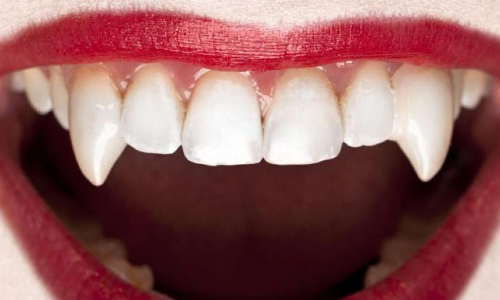Drinking young blood could prevent age-related diseases, study reveals

Blood factors obtained from young beings can improve latelife health in animals, the study published in Nature journal revealed
Blood factors obtained from young beings can improve late-life health in animals, the study published in Nature journal revealed.
It could also help reduce the chances of developing age-related diseases, the scientists at University College London (UCL) said.
Dame Linda Partridge, a geneticist at UCL, said research shows that young blood could allow humans to live a life free of diseases such as cancer and heart disease right up until their deaths.
"I would say ageing is the emperor of all diseases," she told The Times.
"A lot of people regard ageing as 'natural' and that therefore you shouldn't interfere with nature. But we've always considered it an ethical imperative to cure illness where we find it."
Professor Partridge's analysis of data forms are part of a wave of studies and trials backed by PayPal co-founder Peter Thiel at a San Francisco start-up called Ambrosia.
The trials saw older adults injected with young blood - something that would cost around $8,000 (£6,200) if rolled out to the public.
Professor Partridge's study showed that older mice did not develop age-related diseases after being given young blood.
The mice also maintained sharp cognitive function, while younger ones given older blood saw the opposite effect and became ill.
"The practical accessibility of both the human microbiome and blood system makes therapeutic manipulation a particularly attractive approach, but research in animals is needed to establish the long-term consequences and possible side effects," the study said.
"Blood is the most practically accessible and therefore the most commonly investigated tissue, but it is much less commonly used in animal studies."
The trials by US startup Ambrosia involved 70 participants - with all involved aged at least 35.
After being given plasma - the main component of blood - from volunteers aged 16 and 25, researchers noted improvements in biomarkers for various diseases.
Ambrosia currently offers teenage blood plasma to older customers at a cost of $8,000 (£6,200) for two and a half litres.
Meanwhile, another startup called Elevian believes a blood protein called GDF11 is the key ingredient.
The company announced this week it had $5.5m (£4.2m) of investment backing their approach.














